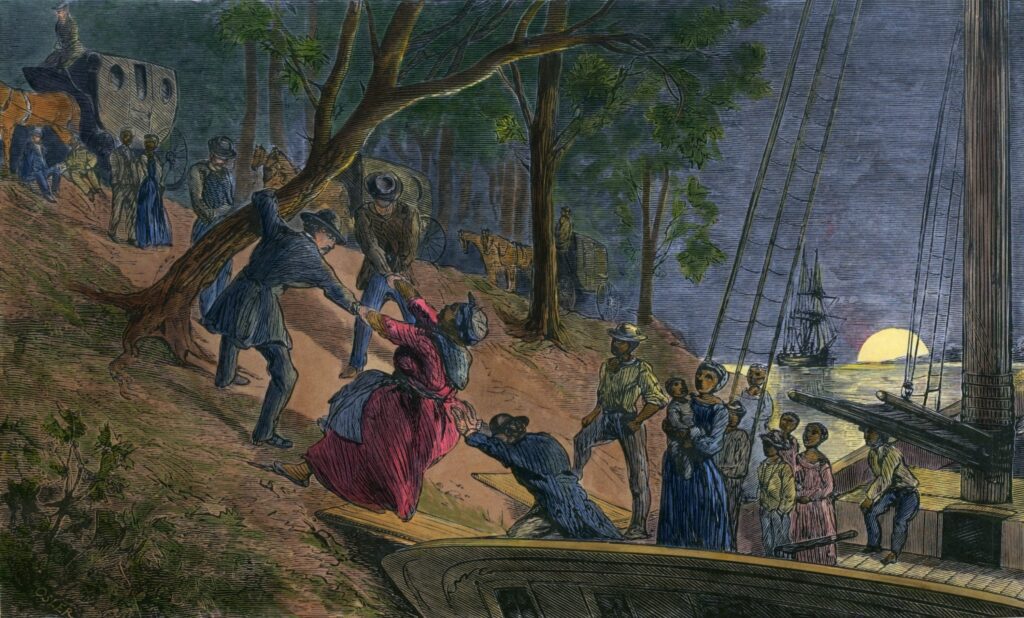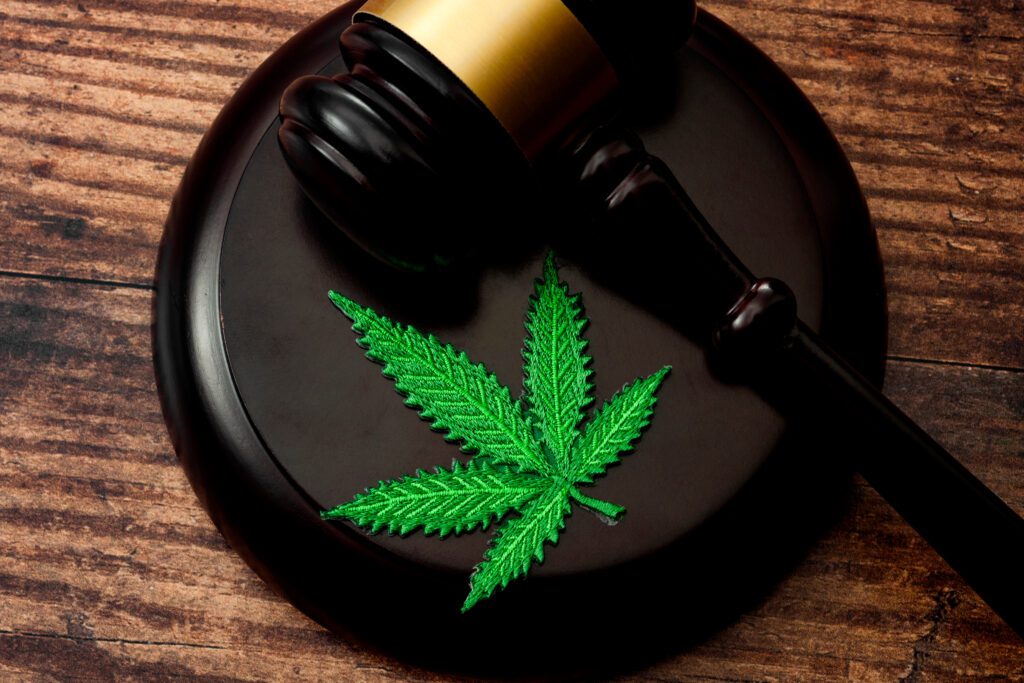The Power of Our Songs: Black Music As Resistance
Written by Site Hub on June 23, 2024
Since Africans arrived in the Americas, they brought their creativity and brilliance with them, creating music that captures the essence of Black resistance. Black music, spanning genres like spirituals, blues, jazz, rock & roll, and gospel, has been the soundtrack of personal experiences and freedom movements that have shaped America.
In the 1960s, Black music began addressing social realities more explicitly. Sam Cooke’s “A Change Gonna Come” and Nina Simone’s “Mississippi Goddam” and “To Be Young, Gifted and Black” highlighted racial inequities and became anthems for the Civil Rights Movement. Curtis Mayfield’s work with The Impressions and his solo career also produced songs that embodied Black pride and resistance.
Aretha Franklin’s “Respect” addressed the intersectionality of race, gender, and class, becoming an anthem of Black womanhood. James Brown’s “Say It Loud – I’m Black and I’m Proud” furthered Black empowerment and pride.
The 1970s saw artists like Marvin Gaye and Stevie Wonder using their music to address social injustices and political issues. Gaye’s “What’s Going On” and Wonder’s politically charged albums became landmark statements of Black resistance.
In the 1980s, hip-hop emerged as a powerful voice for the voiceless. Grandmaster Flash and The Furious Five’s “The Message” and Public Enemy’s politically charged music challenged social issues head-on.
Today, Black artists continue to address contemporary issues of racism, sexism, and inequality. Songs like Kendrick Lamar’s “Alright,” H.E.R.’s “I Can’t Breathe,” Lil Baby’s “The Bigger Picture,” and Childish Gambino’s “This Is America” have become anthems for the Black Lives Matter movement, continuing the legacy of Black resistance music.
Source: BET





 WDKX Holiday Stream
WDKX Holiday Stream